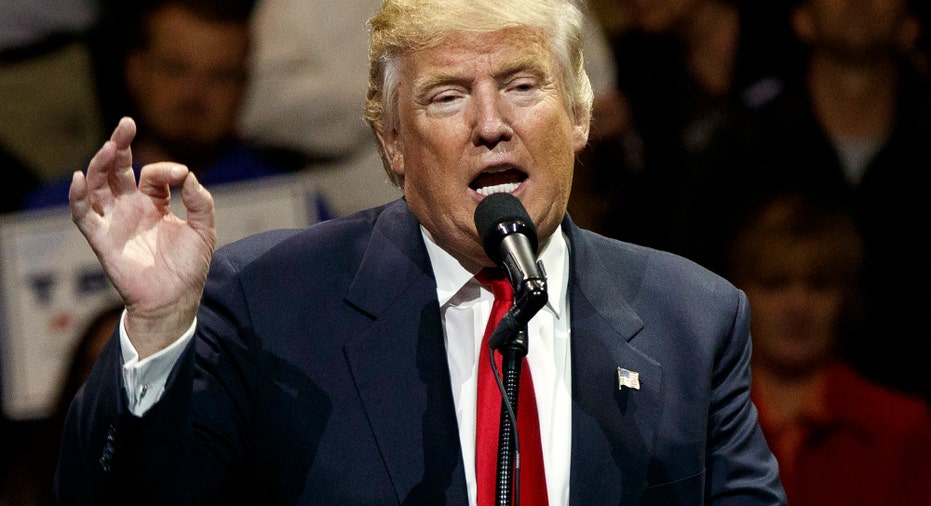Tiny Stocks Find a Friend in Trump

U.S. equities have been hitting new record highs, with small-cap value stocks and related exchange traded funds leading the broad market rally, after Donald Trump won the presidential elections and bolstered the economic outlook.
The benchmark Russell 2000 Index, a widely observed measure of U.S. small-cap stocks, gained about 14% and the Russell 2000 Value Index advanced over 17% since the U.S. presidential elections. In contrast, the blended large-cap S&P 500 Index returned 5.3% over the same period.
"In the case of the Russell 2000 Value Index, the fact that it has led its growth counterpart in the period since the US election seems to indicate that investors are still finding value opportunities in this market,” Tom Goodwin, Senior Index Research Director, FTSE Russell, said in a note.
Small-cap value ETFs have also mirrored the outperformance. For instance, among the largest options available, the Vanguard Small-Cap Value ETF (NYSEArca: VBR) increased 13.1%, iShares S&P Small Cap 600 Value Index (NYSEArca: IJS) rose 16.3% and iShares Russell 2000 Value Index (NYSEArca: IWN) advanced 17.3% since the November 8 election.
The Guggenheim S&P Smallcap 600 Pure Value ETF (NYSEArca: RZV) has also been a standout small-cap value play. RZV has been the best performing small-cap ETF, rising 21.7% since the elections. The fund has also produced long-term outperformance, returning 38.5% year-to-date and showing an average annualized return of 16.8% over the past five years.
The outperformance may be attributed to the small-cap, value-oriented ETFs' tilt toward favorable sectors in the current market environment. Specifically, financials and industry, two outperforming sectors in recent weeks, make up a large portion of the funds' underlying holdings.
VBR includes 30.8% financials and 21.1% industrials. IJS holds 18.8% financials and 18.5% industrials. IWN tracks 32.2% financials and 12.8% industrials.
The financial sector has been outperforming on hopes that President-elect Trump would remove tough regulations, notably restrictions implemented under Dodd-Frank, and on a rising interest rate environment.
Dodd-Frank has forced many banks to increase more conservative capital holdings to obviate another potential financial crisis event. While these more secure capital restrictions help limit exposure to risky or distressed assets, banks are finding it harder to make loans and do business. The regulations have also been particularly hard on smaller banks.
Meanwhile, a rising interest rate environment helps banks' bottom line. With the Federal Reserve enacting a recent interest rate hike and looking to add three more next year, banks are able to make a larger profit off the spread between loans and deposits.
The industrial sector has also benefited from President-elect Trump's promises to increase fiscal spending to expand America's infrastructure. Moreover, Trump's protectionist policies may also support domestic or smaller U.S. companies.
In contrast, the blended Russell 2000 Index includes a smaller tilt toward financials and industrials, along with a greater position in the lagging technology sector. The large-cap S&P 500 Index's largest weight is also in the underperforming information technology sector.
This article was provided by our partners at etftrends.com.



















